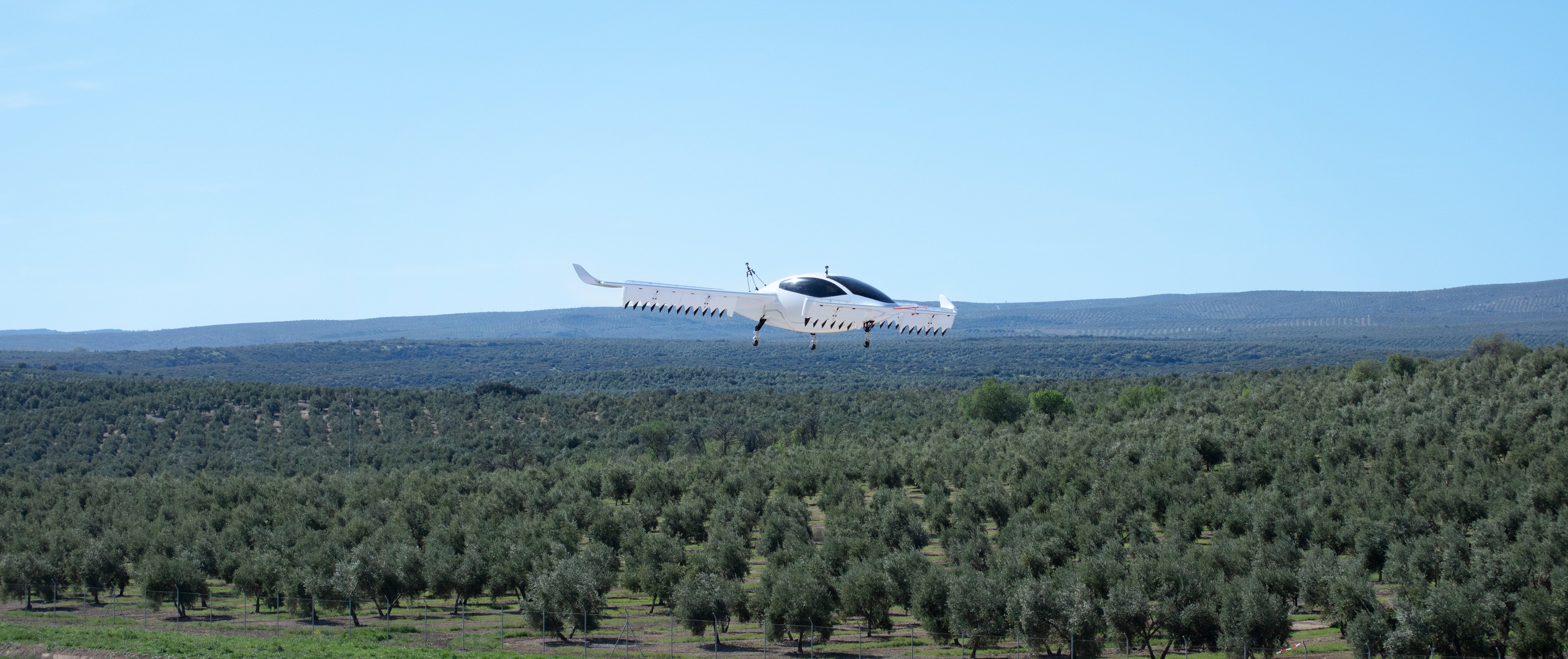Click Here to View This Page on Production Frontend
Click Here to Export Node Content
Click Here to View Printer-Friendly Version (Raw Backend)
Note: front-end display has links to styled print versions.
Content Node ID: 419491
Lilium has pushed back the projected timeline to achieve type certification of its seven-seat Lilium Jet eVTOL aircraft by potentially 12 or more months into 2025. The public company confirmed the delay to investors via a 20-F filing late on March 30 with the Securities and Exchange Commission.
In a blog released to coincide with a conference on March 31 for more than 70 of its suppliers, Lilium founder and CEO Daniel Wiegand reported that the Germany-based company will now start building the first production-conforming aircraft for the EASA type certification process in 2023. “We will then spend the following 15 to 18 months running our final test campaign with the aim of receiving our initial type certification in 2025, with scale production of our aircraft set to begin immediately upon type certification,” he said.
Lilium has previously indicated that it was working toward a goal of getting approval for the all-electric aircraft and being ready to start commercial operations in 2024. Wiegand indicated that the decision to delay is based on “the current status of design activities to develop the safest possible aircraft, our discussions with regulators, and even taking into account the continued supply chain disruption.”
In a letter to shareholders on February 28, Lilium reported that following a preliminary design review in the fourth quarter of 2021, it is reducing the number of electric ducted fans for the Lilium Jet from 36 to 30. The company said that this change has been made possible by using a slightly larger and more powerful engine design and will reduce the parts count, weight, and system complexity, as well as improve the aerodynamic balance between the main wing and canards. It added that the decision should also result in reduced maintenance costs and support design flexibility for future eVTOL models.
The company has not specified when in 2023 it will be ready to start flight testing the first of the conforming aircraft. Spanish civil aviation officials have issued the required operational authorization permit allowing the company to resume flight testing with its fifth-generation eVTOL aircraft technology demonstrator.
In January, Lilium moved its so-called Phoenix 2 aircraft to Atlas Flight Test Center in Villacarrillo, and it expects to add another example to the test campaign in the next few months. The company had to suspend flight testing in February 2020 after a fire destroyed its first technology demonstrator during maintenance work on the ground.
In the SEC 20-F filing, Lilium advised investors that it expects operating expenses to increase over the next few years as it completes aircraft design, builds manufacturing sites, and arranges “the commercial relationships necessary to launch our operations.” It said that it expects the rate at which we incur losses will be significantly higher for 2022 through at least 2025.”
Lilium now has more than 750 employees on its payroll, and over 450 of these are aerospace engineers. It says it is one of just a few eVTOL aircraft developers to have received the CRI-A01 certification basis from EASA.
The piloted Lilium Jet will have a range of 155 miles and fly at speeds up to 175 mph. Lilium believes that the design could be scaled up for a version that would accommodate between 10 and 15 seats.
In February, Lilium reported that it is working to finalize an agreement with U.S.-based private aviation group NetJets to purchase rights for 150 Lilium Jets. The companies are discussing terms under which the fractional ownership and charter group might market the aircraft to private owners and also become an operating partner for Lilium’s planned service network. It already has a provisional operating partnership agreement with Europe-based business aviation group Luxaviation.
Last year, Brazilian airline Azul signed a provisional purchase agreement for 220 Lilium Jets. It plans to launch a network of domestic flights with these in 2025.
Lilium’s suppliers include established aerospace companies such as avionics and propulsion group Honeywell, Aciturri, and battery specialist CustomCells. “Our goal is not to work against the aviation industry; it’s to work with it because it takes more than your own team to do something as revolutionary as what we’re trying to do,” said Wiegand, explaining the company’s approach to engagement with both regulators and with industry-led standards committees.
This story was updated on April 4 to confirm that flight testing of the fifth generation Lilium Jet technology demonstrator has resumed in Spain.
